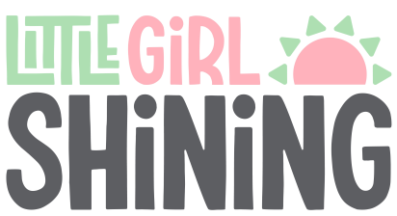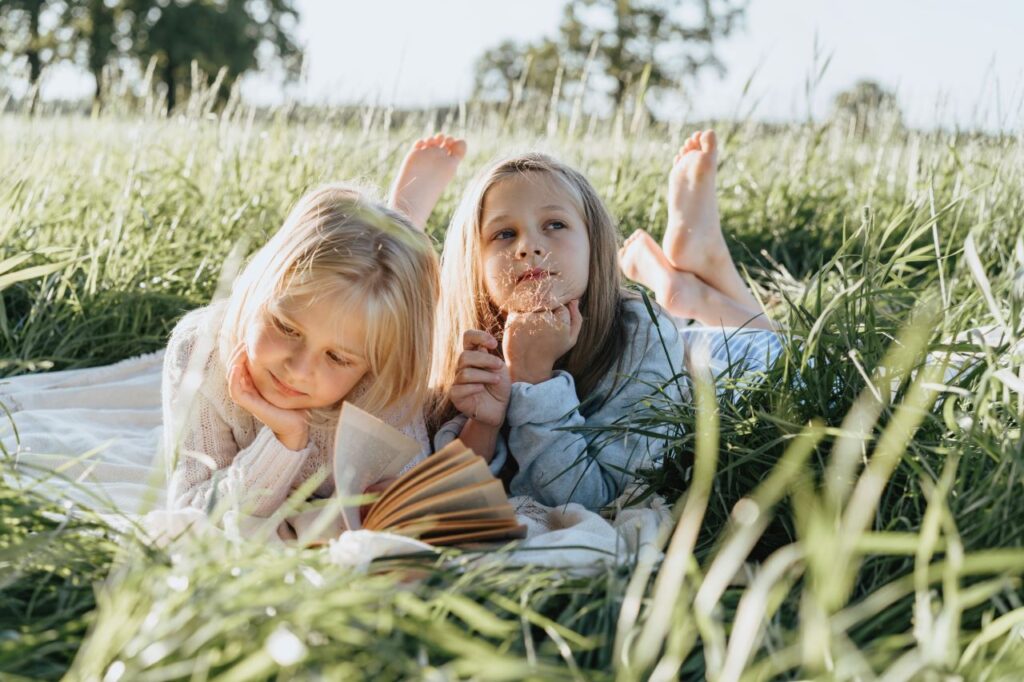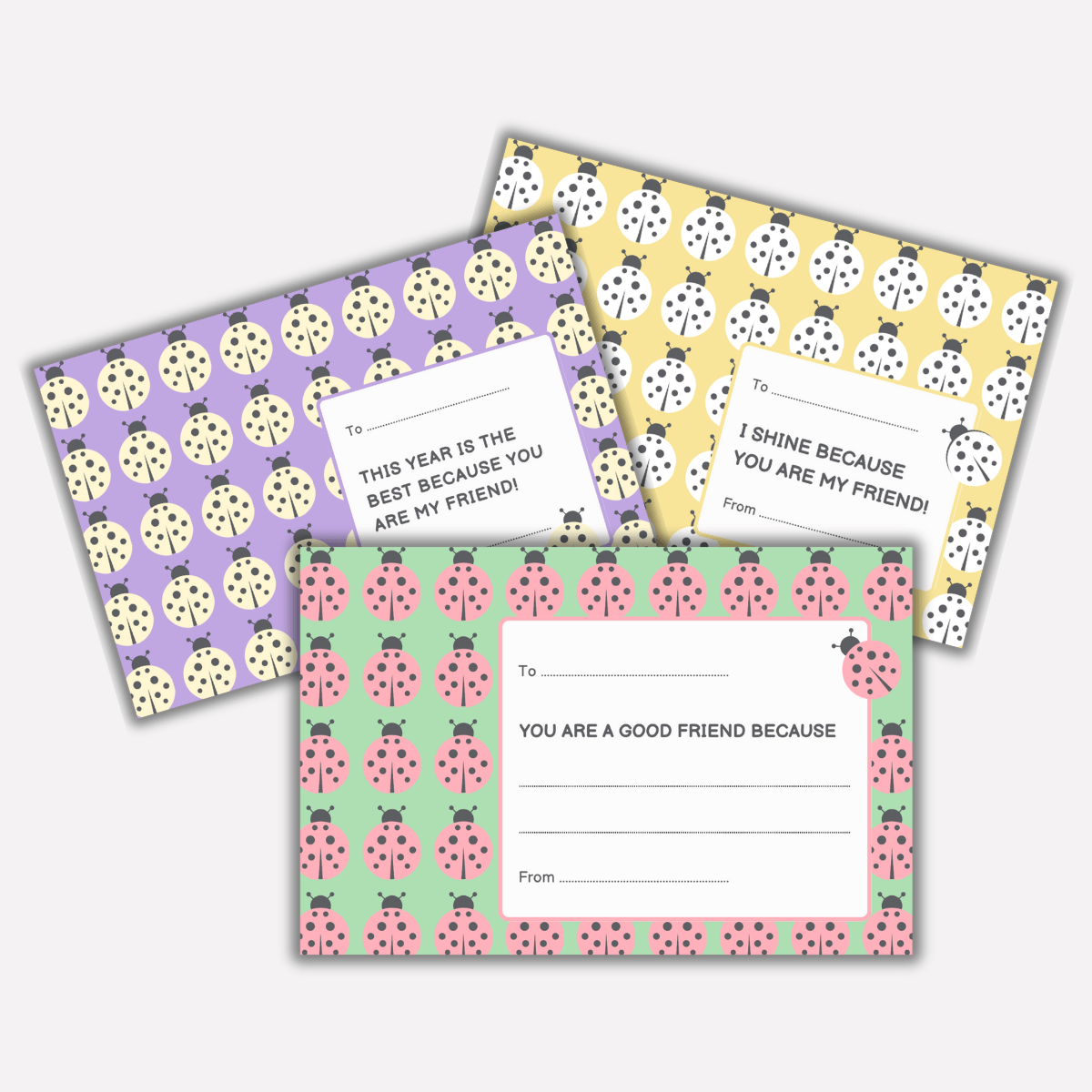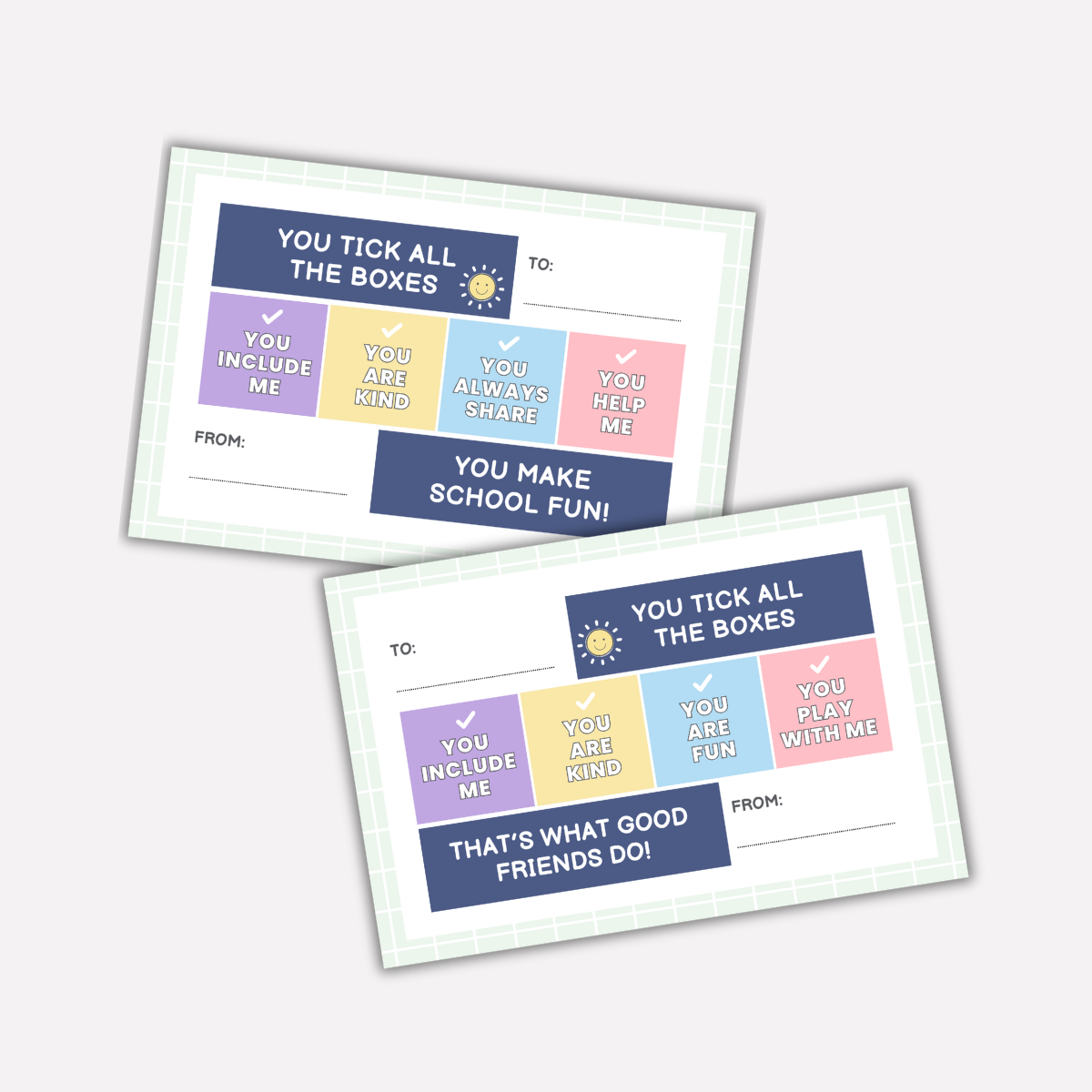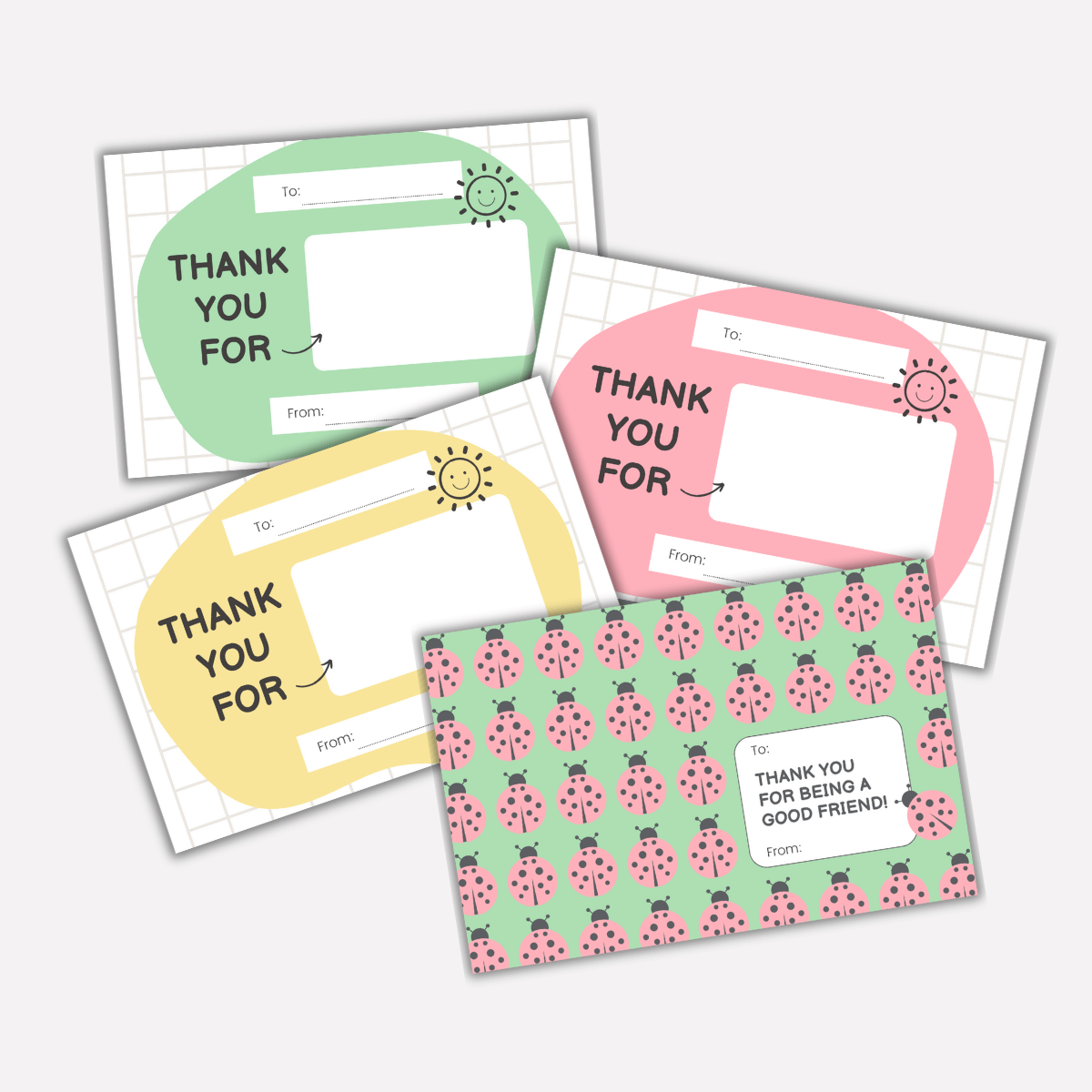Last Updated on May 20, 2025 by alli
If you have a daughter in primary school, then you probably agree that friendships play a very important role.
Every day when my daughter comes home from school, what she talks about the most are her friends. Her friendships are the centre of her world and it’s been like this since the very first day she started school.
When things are going well in her social circle, she’s on top of the world – happy, confident, and ready to learn. But when there’s drama or a falling out, it affects everything: her mood, her motivation, even her ability to concentrate in class.
When a child starts school for the first time or moves to a new school, it’s a big milestone. During these important times, one of the most common hopes we have as mothers is simple: I just hope she makes friends.
When my daughter began school, of course I wanted her to thrive academically. But honestly, my first and biggest hope was that she’d find friends – kids she could play with and feel comfortable around.
It was the same when we moved from Sydney to Brisbane in 2021. My biggest concern wasn’t schoolwork. It was whether she’d make friends quickly. I knew that without those early connections, settling into a new environment would be so much harder.
When a child has positive friendships, there are so many benefits that come with it. One, of course, is a relieved mother! Here are some of the wonderful things that happen when a child has good friends at school.
5 benefits of healthy friendships at school
1. Builds self-esteem
When your daughter has a friend that’s excited to see her at school each day, this makes her feel valued. Feeling valued is wonderful, it builds on your self-worth and self-esteem.
2. Helps develop social skills
Children learn social skills through friendships. When they play and spend time together they learn things such as, how to share, listen, give advice, take turns, and have empathy. Children who learn life skills through friendships, such as how to work together nicely and how to manage conflict properly, are less likely to have social and emotional challenges later in life.
3. Gives them a sense of belonging
Having friends to play and spend time with at school will give your daughter a sense of belonging. If she feels like she belongs, she is more likely to feel a sense of purpose at school and feel a stronger connection to her school.
4. They’ll have a better focus on learning
When a child is happy and emotionally content, everything – including learning – feels easier. This is especially true at school, where positive friendships play a big role. A child who feels secure and supported by their peers brings that sense of well-being into the classroom. With no friendship drama weighing on their mind, they can focus more clearly, engage more deeply, and approach learning with confidence and enthusiasm.
5. They will be invited to social events
The definition of “excitement” is a child receiving an invitation to a birthday party or playdate. Friendships naturally lead to more social events, and through these social interactions, our children thrive both mentally and emotionally.
Difficult friendships
Unfortunately, not all friendships are positive and throughout her years at school, your daughter may experience some problems with friends. When this happens, things can get tough and challenging at school and home.
Next time your daughter is upset because of a problem with a friend, there are certain steps you can take to help her through it.
6 Simple Ways to Build Your Daughter’s Resilience and Problem-Solving
- Sit her down and listen to the problem to get a clear understanding of what’s been happening.
- Empathise with her. Say things like “That must have hurt your feelings” or “I understand why you’re upset”.
- Ask a lot of open-ended questions. Remember, what you’re hearing is one side of the story. (I never automatically assume the other little girl is at fault. I’m open to the possibility that there is more to the story than what my daughter may be telling me).
- Help her to problem solve. Ask her what solution she would like to get from the problem, and what she thinks she can do about it?
- Give her your advice and insight. Share any of your past personal experiences with her. Talk through the plan of action and the next steps she can take. (I always encourage my daughter to try to resolve the problem herself by supporting her through it and checking in regularly.
- If the situation is particularly bad and ongoing, then speak to her teacher about it to get the teacher’s insight and advice.
If your daughter feels she is being bullied remind her: “You can’t control others, but you can control how you respond.” Encourage her to reclaim her power by walking away, finding someone else to play with, or showing it doesn’t bother her. Bullies thrive on power and responding with confidence takes that power away.
Other ways to offer your daughter friendship support
It’s hard to see your daughter upset over friendship troubles — and even harder when she’s still so young and learning how to navigate these situations. While you can’t fix everything for her, there are meaningful ways you can support her through it. You can:
- Teach her what a good friendship looks like by talking about how good friends behave – they are always kind, respectful, and include you.
- Let her know that a friendship works both ways – to have a good friend, she must also be one.
- Encourage her to build a variety of friendships at school, rather than relying on just one. If she only has a single close friend, things can feel quite lonely when that friend is away sick, on holiday, or if the friendship hits a rough patch. But if your daughter has a small circle of friends, she’s more likely to feel secure and supported. When one friendship isn’t going so well, she’ll still have others to play with and turn to, and things will feel less overwhelming.
- Show her you are there to listen to her, talk to her and support her. This is very important because without that, she’ll feel like she is on her own and may struggle to find her way through.
Conclusion
In the early years of school, friendships often shift and change. Quite often, children tend to form bonds based on who’s in their class. It’s normal for their circle of friends to look different from one year to the next.
What this means is that your daughter will likely go through a variety of friendship experiences—some smooth and others more challenging. And that’s okay. Each of these experiences helps her learn how to navigate social dynamics, build resilience, and understand what it means to be a good friend.
I believe, one of the most powerful things you can do as a parent is simply be there. Be her safe place – ready to listen, encourage, and guide her without stepping in too quickly to fix every situation.
It’s also helpful to remember that most early childhood friendships don’t last forever. What matters most is helping your daughter learn how to recognise a good friend, and how to be one herself.
Cards to teach your daughter about positive friendships ⬇️
If your daughter is putting in the effort to be a kind and thoughtful friend but isn’t getting the same in return, encourage her to find new friends who lift her up. When she feels happy and connected, she’ll shine at school!
For more ‘girl mum’ topics, tips, and free resources, don’t forget to subscribe to Little Girl Shining. You’ll be joining a group of mums with one special thing in common… we all have little girls! x
